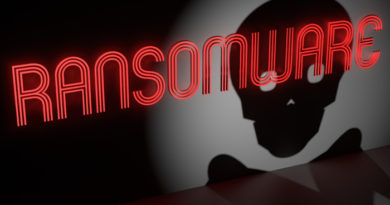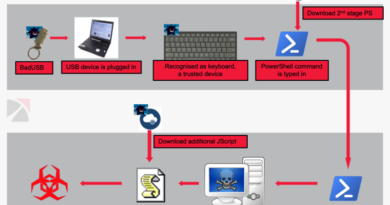Stop Scanning Random QR Codes
You’ve probably been there. You walk up to a parking meter and just want to pay for it and move on with your day. But unlike the old-school method of just dropping some quarters into the machine, there are a dozen slightly different ways to pay so you can finally go on with your day. One of the methods is to scan the QR code, which will take you to a website where you can make it happen. But you may want to look closely at that pixelated little graphic the next time you’re going through this obnoxious dance.
Police in Southern California are warning residents about QR codes that are being attached to parking meters and directing unsuspecting people to a website that has nothing to do with actually paying the local governments. The official companies that handle payments in the area are known by names like ParkMobile and PayByPhone, but the QR codes direct people to impersonation websites that are often just one letter off.
For example, rather than being sent to PayByPhone, drivers trying to pay using the fake QR codes are directed to “poybyphone.” The scammers get away with it using little more than a sticker on the parking terminal that makes the QR code look like it has a similar style as the official information.

The city of Redondo Beach, just south of Los Angeles, reportedly has at least 150 of these fake QR codes, according to local police, with a high concentration in the areas of Esplanade and Riviera Village, according to a press release from Redondo Beach police.
“We punched in the URL. The URL – the first five on the Google search were fakes,” one man told ABC7 in Los Angeles. “It was a scam. It has the logo. It says ‘passport parking.’”
Curiously, despite reports that the city of San Clemente in Orange County, south of Redondo Beach, had experienced the same QR scams, a notice posted to the city’s website said officials couldn’t find any scams.
“A recent news story noted a potential QR code scam related to paid parking in San Clemente. Please note, this has been investigated, and no fraudulent QR codes were found,” the city said. “While City staff will continue to be diligent, the public is encouraged to be suspicious of QR codes that seem damaged or tampered with, or stickers pasted over the original code.”
What can you do to protect yourself? Obviously, the safest option is to just pay cash if you can. But always take a close look at any URLs that you may land on or arrive at while trying to pay for parking. Avoid scanning random QR codes entirely, if you can help it. The use of QR codes wasn’t a particularly common thing in everyday life within the U.S. until the covid-19 pandemic really started to push many restaurants to adopt the codes in lieu of physical menus.
But QR codes really can make things easier and more convenient when you’re trying to find a website. The trade-off? You have to be really diligent to make sure you’re visiting the site you want to visit and aren’t being served malware or just handing your money to scammers.
READ MORE HERE


